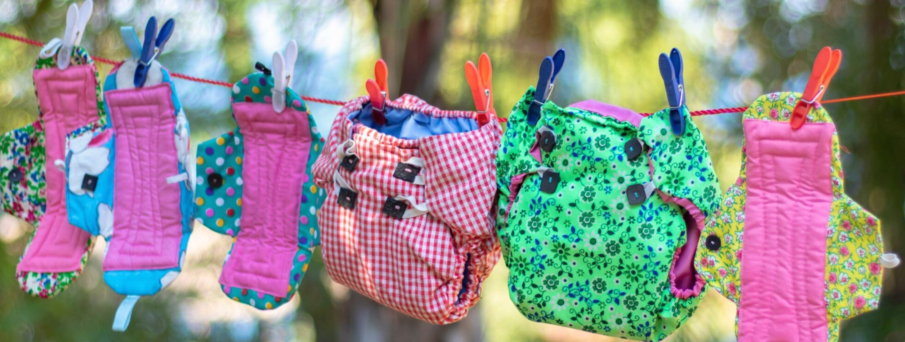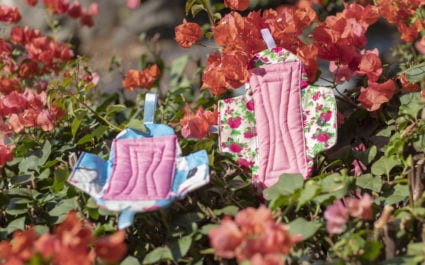Projects: Collaborate.Health
Project RED: Menstrual Hygiene Management Education Program
Increasing Access to Sanitary Pads and Menstrual Hygiene Management (MHM) Education
- Agency Partner
- Supreme
- Course
- Program Design for Global Health

Overview
Founded in 2015, Supreme Sanitary Pads (SSP) is a social enterprise, member of the Scotland-Malawi Partnership and 5-year Department for International Development (DFID) project. SSP trains women living in the Nkhata Bay region of rural Malawi to make reusable pads with a primary focus on keeping girls aged 10-18 years old through school. To date, Supreme has trained over 3,000 Malawians with our Menstrual Hygiene Management (MHM) education and reached 10,000 girls with MHM products. As a social enterprise, SSP has the unique benefit of being registered as both a charity/501 © 3 and cause-driven business whose raison d’etre is to serve the common good. Due to this classification, Supreme is a self-sustaining organization able to cover operating costs with the sales made from their products.
Context
As natural of an occurrence as menstruation is for half of the world’s population, it is estimated that each year, a Malawian girl will miss 85 days of school due to their cycle. This set back leads many to fully withdraw from school altogether. The lack of access to sanitary pads is exacerbated due to Malawi’s geography being more than 80% rural and many families relying on subsistence farming. With over 50% of the population living below the poverty line, SSP reusable pads (5 USD for a pack of 2) that last for 2-3 years make for a cost-effective alternative to disposable pads (Opportunity International, 2020). Without the capacity for reusable pads, women and girls often resort to using unhygienic, inconvenient and undignified methods of period care such as banana leaves and newspapers to manage their cycles. Furthermore, research has documented menstruating girls’ experiences of shame, fear and confusion across numerous country contexts. The challenges girls face attempting to manage their menstruation with insufficient information on their bodies, a lack of social support and ongoing social and hygiene taboos leads to a vicious cycle that reaffirms the statistics listed above.
Challenge
To combat the issues stemming from lack of education on menstrual hygiene management (MHM) and cultural norms, SSP seeks to create a comprehensive training program to offer with the sale of the reusable pads.
Solution
The student consultant team developed a program proposal to prepare a MHM curriculum for training sessions with girls, boys, men, and women. The program also utilizes MHM Ambassadors within Malawian villages to provide consistent menstruation support for women and girls. The dissemination of these materials will enable community members to learn more about their own menstrual hygiene and/or support school-aged girls in developing personal MHM methods that will keep them engaged in school.
Results
As a result of increased community engagement and understanding of best practices for menstrual hygiene, this program can spur a cultural shift rooted in supporting school-aged girls throughout their menstruation cycles. This support will give them the confidence needed to seek further education and the management practices best suited to them as individuals.
Project Timeline
This project took four months to complete from kick-off meeting to presentation of final deliverables. Click the button below for a detailed timeline.
View Project TimelineLearn about Supreme's Sanitary Pads
 All our sanitary pads and diapers are reusable, easy to wash and last up to 24 months.
All our sanitary pads and diapers are reusable, easy to wash and last up to 24 months.
They are made from locally sourced materials in our Nkhata Bay workspace by Malawian women and sold in local shops in Northern Malawi, giving women and girls access to necessary sanitary products. We are well stocked and our production team is capable of handling big orders for NGOs, schools, orphanages or hospitals. As well as providing you with training material on menstrual health and proper use of the pads, we lead menstrual health management workshops in schools and rural communities.